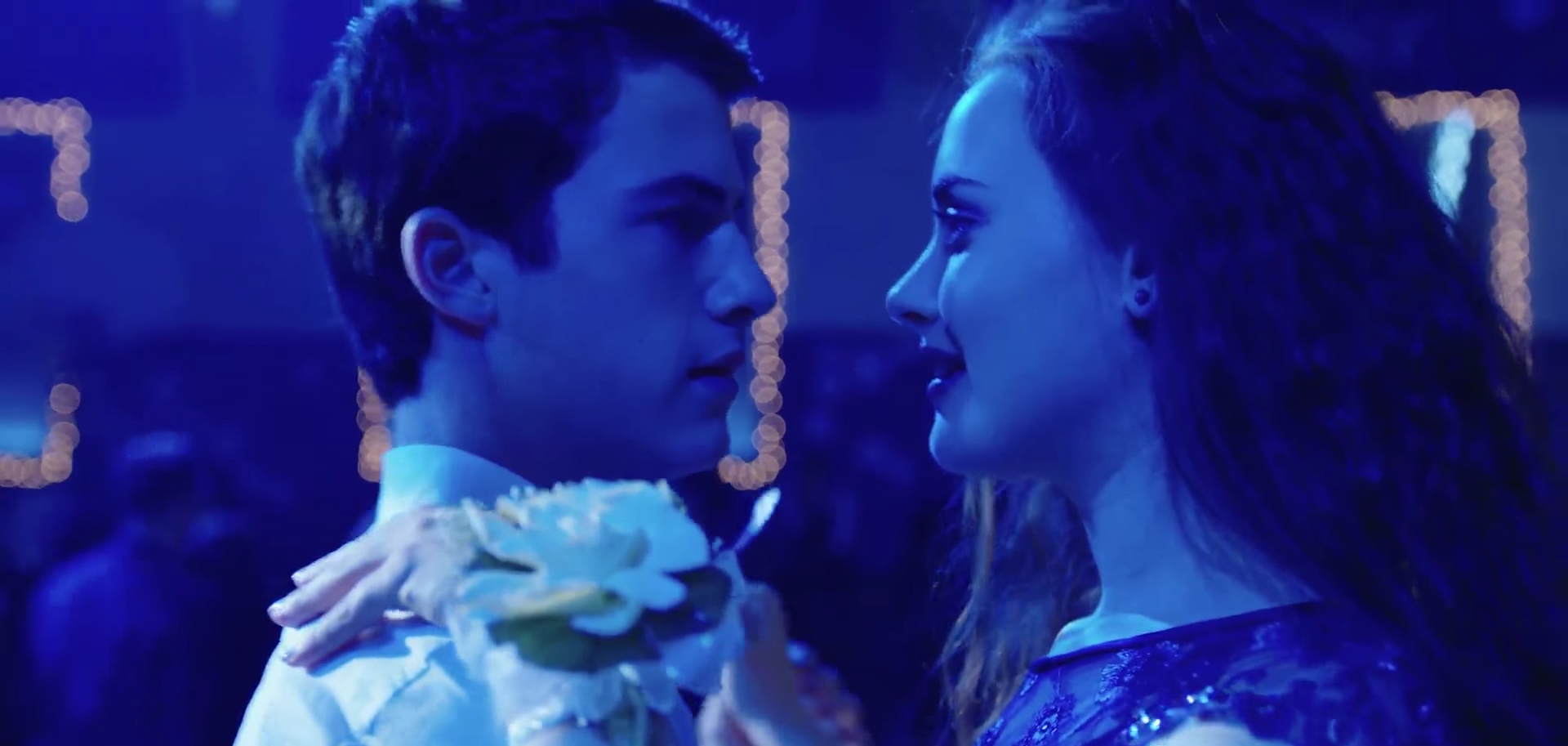WARNING: Spoilers ahead.
High school is hard. Almost any student who has walked through the halls of an American public high school can tell you so. Focusing purely on the schoolwork itself can prove overwhelming, with the constant pressure to succeed and gain admission to a stellar college hanging over your head like a bad omen. And that doesn’t even take into account the stress and emotional fatigue that can accompany simply navigating the ever-changing labyrinth that is a high school’s social sphere. Nevertheless, teachers and parents seem united on the archaic idea that high school will be the best four years of your life. For a lucky few, this may be true. But, with what has become a tragic state of reality, some students might not live to see graduation.
13 Reasons Why tells the story of such a student. Based on Jay Asher’s young adult novel of the same name, 13 Reasons Why is Netflix’s newest fictional series that people will undoubtedly binge. The show is presented as an emotionally riddled mystery, focusing around the life and death of Hannah Baker (Katherine Langford), a quick-witted, eclectic teenager who ended her life during her junior year of high school. Before committing suicide, she recorded 13 separate cassette tapes, each laying out with extremely personal detail the 13 people who had a hand in her suicide. These tapes are then posthumously passed around between each of the 13 subjects, both explaining and punishing their roles in Hannah’s death.
Back in February, I wrote an article expressing my concerns with the mere creation of this show. I pondered whether bringing such a heavy topic to life would be a good idea, especially considering the concern of teenage copycats. I figured the show would in some ways inherently romanticize the act, increasing the worry that real-life Hannahs would follow in her footsteps. After now getting a chance to watch the show, I’m glad to say that no, 13 Reasons Why doesn’t romanticize suicide. But I can’t say I think they handle the subject in a completely safe manner either.
Looking solely at the quality of the show, 13 Reasons Why was really good. The acting was exceedingly better than the average Netflix series, which was refreshing considering stereotypical tropes that teen dramas like this one tend to rely on. Langford delivered a very honest, original performance as Hannah, taking great care to highlight both the depressing numbness and spirited humor of the teen girl. Dylan Minnette also did a fantastic job at portraying Clay Jensen, who is the main person in possession of the tapes when the story starts off, as well as arguably Hannah’s only friend. Minnette brought depth to a character that typically runs the risk of falling flat, fully tapping into both the numbness and the rage that accompanies grief.
The structure of the show is also worth noting, as it moves seamlessly between past and present as Clay listens to the tapes. While sometimes it’s hard to immediately decipher from which time frame you’re watching, the fluidity of time in this case only adds to the show. It almost creates the illusion that Hannah is still with Clay as he uncovers each factor involving her suicide, which, in some respects, she still is.
While the show as a whole is arguably good, I will emphasize that the graphic nature of some scenes does not make it something everyone should rush to watch. The show doesn’t romanticize the horrible actions that occur to Hannah as I had feared before, but by no means does that suggest it’s entirely safe to watch if you’re not in the right frame of mind. The show includes not one, but two extremely graphic rape scenes, as well as an equally graphic scene showing Hannah actually committing suicide. Normally, I wouldn’t include such details in a review, not wanting to risk spoiling the show. But considering how emotionally intense all three of these scenes are, not to mention especially triggering for both victims of sexual assault and those recovering from self-harm, it’s an important topic to bring up.
The show was great until those moments. Up until the ninth episode I had fully enjoyed watching it, and was convinced there finally exists a show that handles suicide in a non-glamorizing, safe way. I was apparently wrong. Considering Jay Asher’s novel was incredibly popular among middle schoolers, I can only imagine how young some of the viewers of this show will be. Rape, sexual assault and suicide are all topics that need to be brought up in conversation with young people, because they are the demographic with such an exceedingly high risk of these things. But presenting these topics in such a violent way seems, at its core, to simply be going for shock value. The average viewer might be able to move through this without a whole lot of repercussion. But if the goal of the show is to reach out to people who are struggling and declare what Hannah did shouldn’t be an option, they probably shouldn’t have used content that is nothing but triggering.




